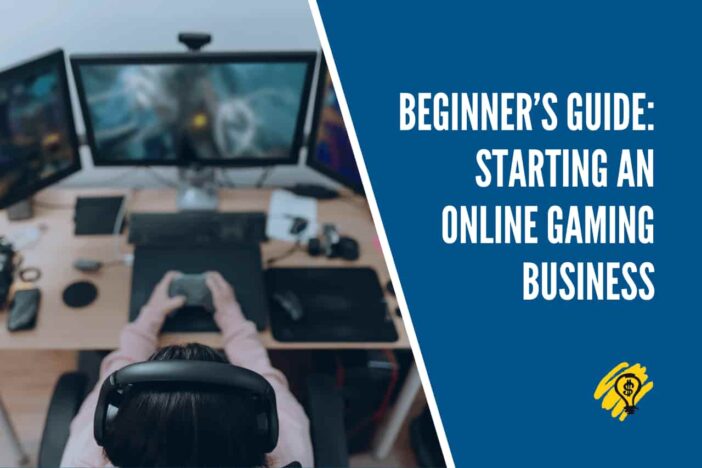The gaming sector is one of the most lucrative and rapidly growing industries in the world at present.
Between people who want to play real poker online, enjoy sports games, play first-person shooters, go through role-playing games, or explore virtual reality gaming, there is so much demand for games and gaming experiences.
If you are an avid gamer or have a special affection for the sector, you may be thinking about making it a part of your professional life.
By starting a gaming company, you could put your ideas into practice and make money along the way.
Below is a beginner’s guide to help you start an online gaming business in 2022.
Decide on Your Platform
The first decision you must make regarding your gaming company is the platform you will target. Many smaller gaming businesses are too ambitious, as they attempt to release games on multiple platforms, which is a mistake.
Each platform is unique, whether you are making a game for web browsers, Windows computers, Mac computers, Apple iPhones and iPads, Android smartphones, or gaming consoles. You must understand where the optimum audience is present for your game and then decide on the appropriate platform.
For example, if you have an idea to create a short game that people can play anytime from anywhere, you should either release it on smartphone platforms or the web. If your game is playable through a web browser, anyone can access it from any device. A smartphone game requires submission to the appropriate app store, such as Apple Store or the Google Play Store.
Only when you decide on the platform can you take further steps, such as hiring or consulting with game developers and then developing your game.
Understand How Games Make Money
If you are setting up an online gaming business, you must discover ways to make money. Different games make money in unique ways, and you must decide on the approach that would work best for your title.
One example of how games make money is through ads, which are especially relevant to games on web browsers and those available through smartphone and tablet app stores. If you download a game for your Android or Apple phone, you are likely to pay nothing or less than $10, which is why those games have ads to support the developers.
As you set up your online gaming business, you might be thinking about creating an incredibly complex premium game. Such a game is worthy of charging a fee for purchase, which should range between $15 to $60.
Unless you have an incredible idea for a game or a great team behind you, creating a premium game that costs a lot to purchase might be too ambitious. Gamers tend to prefer paying high prices for games from big studios, as they know they are getting a quality product.

Create a Roadmap For Your First Game
Now that you are aware of the platform where you will release your game and how you will make money through that game, you can set about creating that title. Sit down with your team and discuss the specifics of the game.
You must map out everything related to your game, such as the genre, gameplay, characters, controls, storylines, levels, and other factors. Only when you have everything written down can you begin developing and coding the game.
New gaming companies can mistakenly think that they should start developing the game and then create a roadmap. Working in such a way only complicates matters. You may come up with ideas in your roadmap that are no longer applicable to your game, as you have already finished coding a specific concept, character, gameplay mechanism, or level.
Develop a Great Game
You cannot have a successful online gaming business without a world-class game, especially in today’s market. Whether you are hoping to create a virtual reality, regular console, computer, or smartphone game, you must excel with your first title.
A gaming company lives or dies by its first game, as that is the title that most people will associate with your company. Take it slow, work hard on developing the game, and do not release anything until you are 100 percent happy with the product.
Do not release partially complete or beta versions of the game to the general public, as any problems may create a significant negative perception about the game and your company. Limit beta testing to your employees and their friends or family.



